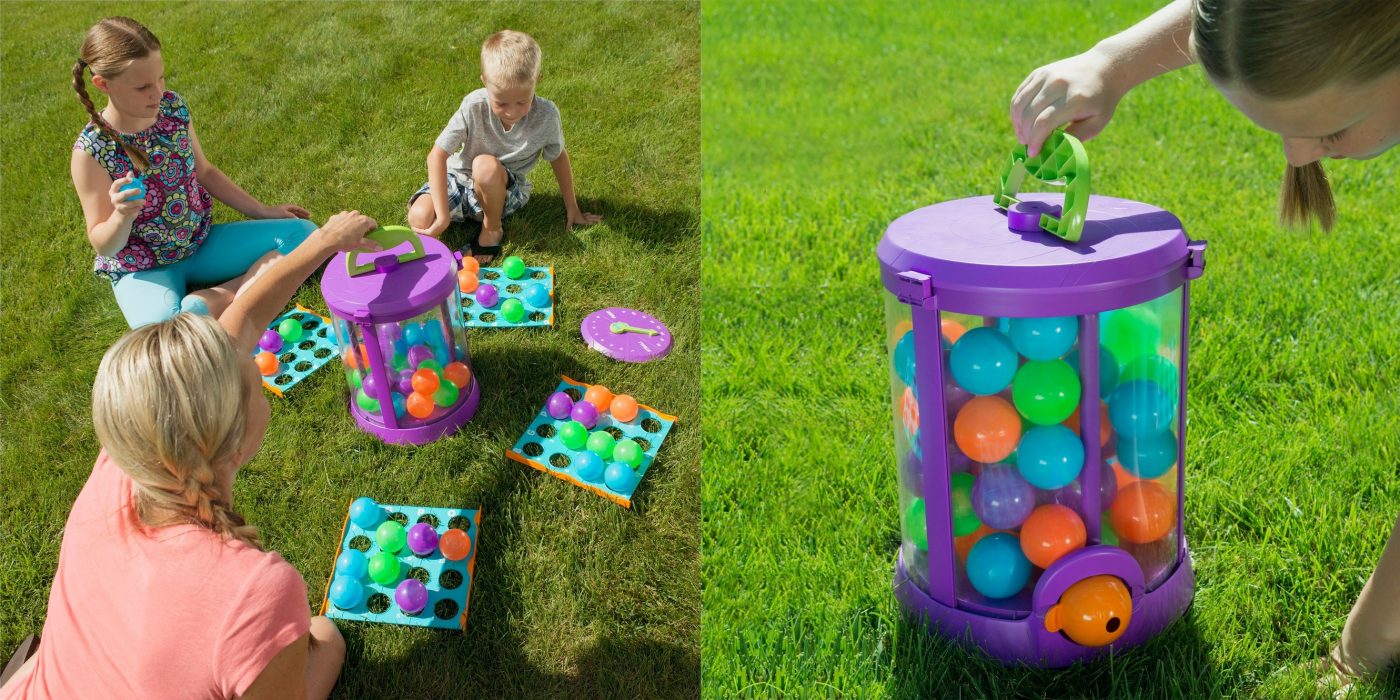There are few things as frustrating or mentally exhausting as battling cancer, yet doctors tell us how important it is to maintain a positive mindset. A part of that is keeping stress levels as low as possible. While that may seem impossible at first, there are some things you can do to reduce the stress in your life and manage what stress you do experience.
Limiting the Stress in Your Life
Certainly learning to relieve stress is important, but so is cutting back on your exposure to stressful situations. By adopting these practices in your life, you’ll be experiencing less stress on during your day today.
Eliminate Scheduling Conflicts
By maintaining a calendar or using an app on your mobile device, you can keep an accurate account of all of your appointments. This is especially important when you must submit to various treatments with different caregivers on a regular basis. Keeping track of your appointments can ease the anxiety that this situation can create.
Don’t Be Afraid to Say No
You’re battling cancer. That, in itself, is a major ordeal, so don’t feel obligated to take on other tasks or participate in activities that really don’t interest you or will further exhaust you. Saying no is perfectly acceptable and it saves you from worrying about doing thingsYourat add too much to your routine.
Ask For Help
Your family and friends want to help you, so don’t be afraid to take them up on their offers. Think about ways they can make your days easier and let them know. They will be happy to do something for you, as you concentrate on battling your illness. By lightening your load, you can take the time to engage in some relaxation techniques.
Reduce Stress Through Relaxation
Take a Soak
One of the best ways you can relax both your mind and your body is by taking a warm soak in the bathtub. The water will soothe your body tension and may even alleviate some pains and aches in your lower body. This is why a sitz bath is often recommended for individuals who suffer from chronic pain. Just let your mind wander, as the water massages your body.
Deep Breathing
We take our breathing for granted most of the time, but concentrating on every breath you take is an effective way of relaxing. When you’re thinking about your breaths, you can’t be focused on your problems. As you inhale, imagine filling up your belly with air and continue to inhale until you can’t take in any more air. Release the air in a long, slow breath. Each breath should leave you feeling more relaxed.
Meditation
As you begin, try to focus on your breathing without trying to control it. This is just a method for you to control your thoughts. When your mind begin to wander, let it. Again, the idea is to let go of the control and let things happen naturally. Gradually and gently, refocus your mind on your breathing, while also observing your thoughts in a nonjudgmental way. As you meditate, let your thoughts go without letting the details affect your emotions. In this way, you can separate yourself from the thoughts and enable your mind to relax. With practice, your mind will wander less and less.
Guided Imagery
This is a method of relaxation that brings the previous methods together. As you take deep breaths, focus your thoughts on a scene that relaxes you or gives you pleasure. Once you feel relaxed, focus your thoughts on your pain being visibly washed away and on your body growing in strength. This method can be enhanced by listening to relaxing sounds, such as the sounds of waterfalls or crickets.
There are other common ways to relax and reduce your stress, such as practicing yoga or reading inspirational poetry. Find something that works best for you. The important thing is to do something you enjoy and get away from the thoughts that are creating your stress and making your recovery more difficult.




